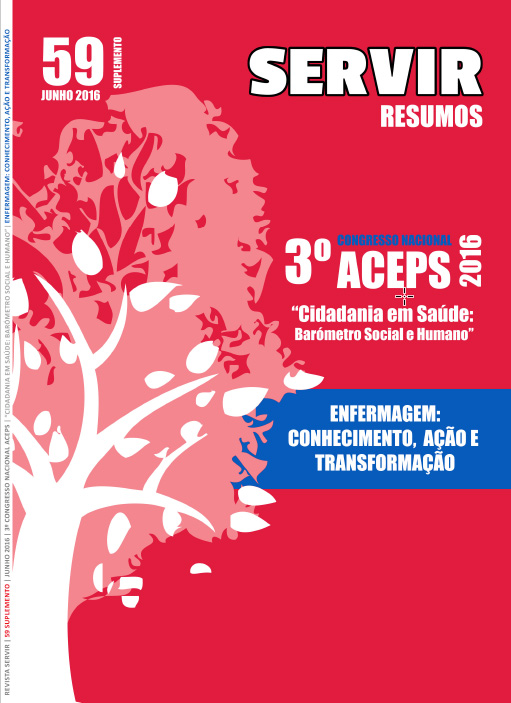Ethicity in hospital management, the influence of the professional group and the Implemented model
DOI:
https://doi.org/10.48492/servir0259.23091Palabras clave:
Ethicity, Bioethics, Hospital Management, Management ModelResumen
Introduction
Ethicity is the characteristic of those who act in an ethical and moral way. It concerns the aptitude to practise the ethical function, acting in line with principles and values, mainly the respect for human dignity and the promotion of the common good. Ethical behavior in hospital management is a strategic investment, working as a marketing value for customers in the Health Unit.
Objective
This study aims to analyze the relationship between the ethics of health professionals, in hospital management functions, with the socio-professional group and the implemented management model.
Methods
A cross-sectional correlation research design was used for this study with a sample of 421 health professionals with management functions in 25 Hospitals in the North Zone of Portugal, by applying the Questionnaire of Ethicity in Hospital Management, with the following dimensions: Costs and ethics; Ethical weighing; Ethical decision; Accountability and quality; Economical and ethical restrictions; and Ways to limit costs.
Results
In the perception of health professionals, the highest levels of Accountability and quality occur in managers from private hospitals and Private Institutions of Social Solidarity (IPSS). As for costs and ethics, managers from hospitals with public-private partnership management have a higher average, compared to others in hospitals with Corporate Public Entity, IPSS and private management models. Compared to the three other socio-professional groups (doctors, administrators and others), nurses clearly show higher values of Ethical weighing and Economical and ethical restrictions.
Conclusions
The results show a significant relationship between the socio-professional group, the implemented management model and the ethicity levels in management, favorable to nurses. These hospital organization variables, with an impact on the managers’ ethical behavior, recommend that the reforms in the health sector become promoters of ethicity in hospital management.
Descargas
Descargas
Publicado
Cómo citar
Número
Sección
Licencia
No intuito de promover a livre circulação do conhecimento, a Servir funciona em regime de acesso livre (open access). Todo o seu conteúdo está disponível e protegido sob a licença Creative Commons (CC BY 4.0).
A revista permite o auto-arquivo em repositórios institucionais de todas as versões, podendo ficar imediatamente disponíveis.


